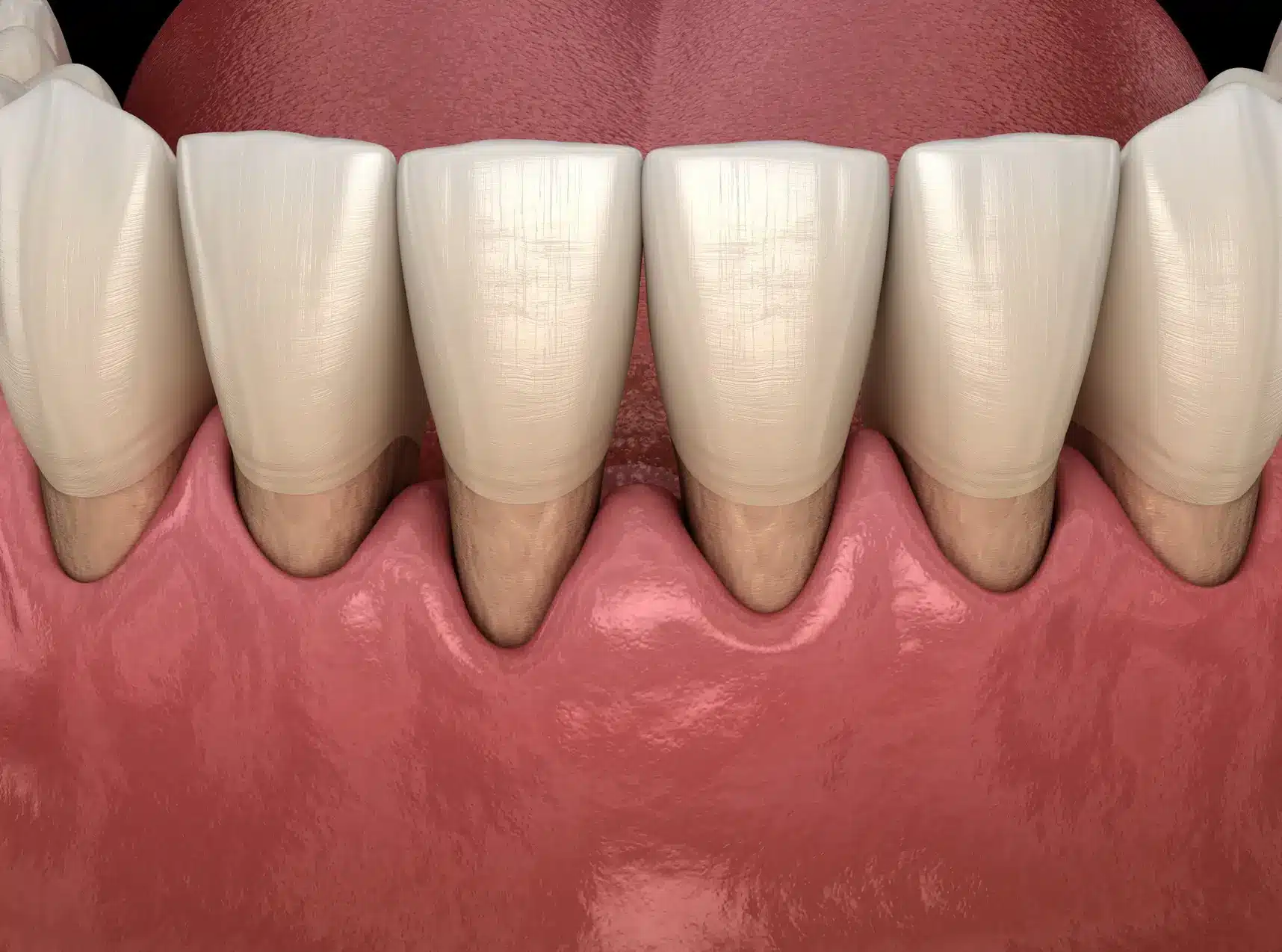Gum Care Habits That Transform Your Oral Health

The Importance of Gum Care for Dental Health
When people think about oral hygiene, they often focus on brushing their teeth, using mouthwash, or avoiding sugary snacks. But the foundation of a healthy smile lies deeper—quite literally—in your gums. Gum care isn’t just a side concern; it’s a vital part of dental health that supports your teeth and keeps your mouth in balance. Neglecting your gums can have consequences that reach far beyond a bit of bleeding during brushing.
dental health
Gum Health Is Directly Linked to Tooth Stability
Your teeth don’t stand alone. They’re held in place and supported by gum tissue and underlying bone. When your gums are healthy, they act as a protective seal around the base of your teeth, shielding them from harmful bacteria and plaque. But when gum health begins to deteriorate, everything changes. The gums pull away, small pockets form, and bacteria begin to destroy the supporting tissues. This can lead to tooth mobility, infections, and even permanent tooth loss.
That’s why gum care should be viewed as a structural necessity—not a cosmetic concern. Without healthy gums, no amount of brushing or whitening will keep your teeth safe. If you’ve ever experienced tenderness while eating or noticed a tooth feeling slightly loose, that might be your gums asking for attention.
Prevention Is Better Than Treatment When It Comes to Gums
The good news is that gum problems are usually preventable. While advanced periodontal issues require dental intervention, most early signs of gum inflammation or bleeding can be reversed with simple, consistent habits. Keeping your gums healthy isn’t complicated—it just requires consistency and awareness.
Brushing your teeth twice a day is a great starting point, but it’s not enough on its own. The spaces between your teeth and along the gum line are where plaque tends to hide. If not removed, this buildup hardens into tartar and irritates the gums, triggering inflammation. That’s why flossing isn’t optional—it’s a key part of gum care. And let’s not forget the role of your diet. A nutrient-rich diet with plenty of vitamin C, antioxidants, and hydration supports your gum tissue just as much as your teeth.
Another important step is using the right toothpaste. Many people focus on whitening agents, but choosing a toothpaste that promotes gum health can make a real difference in how your gums respond over time. Fluoride helps strengthen enamel, but ingredients like stannous fluoride or essential oils can actively fight bacteria that target the gums.
Gum Care Prevents More Than Just Tooth Loss
Gum care isn’t just about preventing your teeth from falling out—it’s about maintaining full-body health. The mouth is a gateway to the rest of your body, and chronic inflammation from gum disease has been linked to systemic conditions like heart disease, diabetes, and even complications during pregnancy. In other words, looking after your gums is a way of looking after your entire body.
A clean gum line reduces the risk of bacterial migration into the bloodstream. It minimizes chronic inflammation, boosts your immune response, and contributes to better breath and confidence. Many people spend money on dental aesthetics without realizing that healthy pink gums do more for your smile than any cosmetic treatment.
Even the best teeth can’t shine in the presence of swollen, bleeding gums. The two must go hand in hand—clean teeth and strong gums. That’s why every dental cleaning is also a gum check-in, and why every oral hygiene routine should be built around total mouth care.
Professional Gum Care and Routine Maintenance
It’s also important to recognize when at-home care isn’t enough. Regular professional cleanings are essential—not just to polish your teeth, but to remove tartar that can’t be eliminated with a toothbrush. Your dentist or hygienist will also check for early signs of gum disease, often before you notice any symptoms. Treating gum issues early can prevent more serious interventions like deep cleanings, gum surgery, or even tooth replacement procedures.
If you’ve already experienced gum sensitivity or bleeding, don’t wait. Professional guidance can help you reset your gum health and keep things on track. Whether through scaling and root planing or a personalized hygiene plan, restoring your gums is absolutely possible.
Even after professional treatment, long-term results depend on daily care. It’s not a one-time fix—it’s a lifestyle commitment. And once you start seeing the results—fresher breath, firmer gums, stronger teeth—you’ll never want to go back.
How Gum Care Supports Long-Term Oral Health
Think of your gums as the long-term guardians of your smile. While cavities may come and go with a single filling, gum damage is often slower, more silent, and much harder to reverse once it sets in. Caring for your gums now means investing in the future of your teeth. Healthy gums reduce your risk of bone loss, prevent shifting teeth, and even improve the fit of future dental restorations like crowns or bridges. If you maintain good gum health, you’re far less likely to face complex dental treatments down the road.
The Emotional Impact of Healthy Gums
People often underestimate the emotional and social effects of gum health. Bleeding, swollen, or receding gums can make people self-conscious about their smile, even if their teeth are white and straight. Chronic bad breath—often caused by gum disease—can affect confidence, relationships, and even job performance. On the flip side, when your gums are firm, pink, and healthy, it adds a quiet strength to your smile that others notice. Gum care isn’t just a physical routine—it’s an act of self-respect and confidence.
Gum Health as Part of Your Overall Wellness
Gum care is no longer just a dental topic—it’s a wellness issue. More dentists and health professionals are now viewing gum health as an indicator of your body’s overall inflammatory status. That means your oral care routine is part of your broader self-care lifestyle, right along with sleep, nutrition, and fitness. When you treat your gums well, you’re not just taking care of your mouth—you’re giving your whole body the support it needs to stay strong and balanced.
